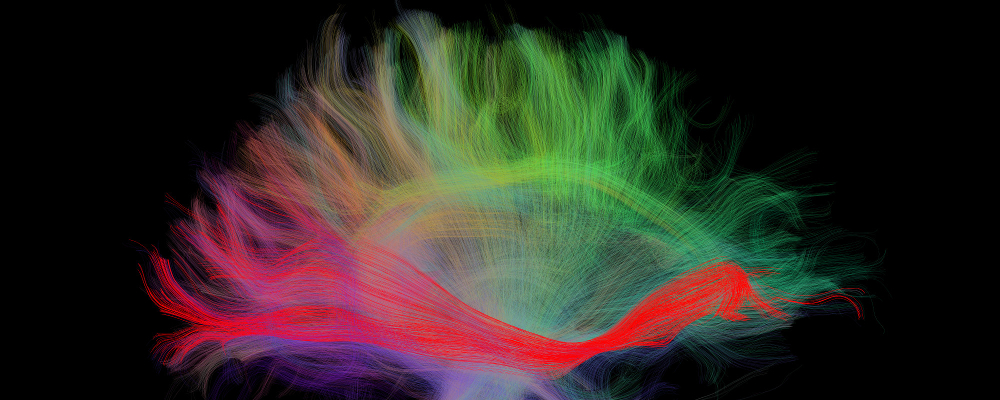Schizophrenia poses enormous health and economic challenges for Ontario. Memory deficits are amongst the hardest problems to treat, and are the cause of poor functioning in people with schizophrenia. Therefore, finding new treatments to improve quality of life is essential. Our pilot data suggests that using repetitive transcranial magnetic stimulation (rTMS) to stimulate frontal brain regions leads to gains in working memory (WM). We will examine the efficacy of rTMS and use advanced neuroimaging to determine if rTMS results in brain structure changes important for WM performance. If successful, this would provide a new treatment option and hope for those who would otherwise suffer from this illness, improve health outcomes, and provide economic benefits for Ontarians.
Supported by the rTMS for the treatment of working memory deficits in schizophrenia and effects on brain structure grant. Ministry of Research and Innovation. Province of Ontario Early Researcher Award. Also supported by the rTMS for working memory deficits in schizophrenia grant. Canadian Institutes of Health Research (CIHR). MOP 288219. Collaborator(s): Daskalakis, Z., Blumberger, D., Brown, P., Chakravarty, MM., LePage, M., Mulsant, B., Rajji, T. Also supported by the an rTMS treatment trial of working memory deficits in schizophrenia and genetic prediction of response grant. Brain and Behavior Research Foundation. 2010 NARSAD Young Investigator Award.
